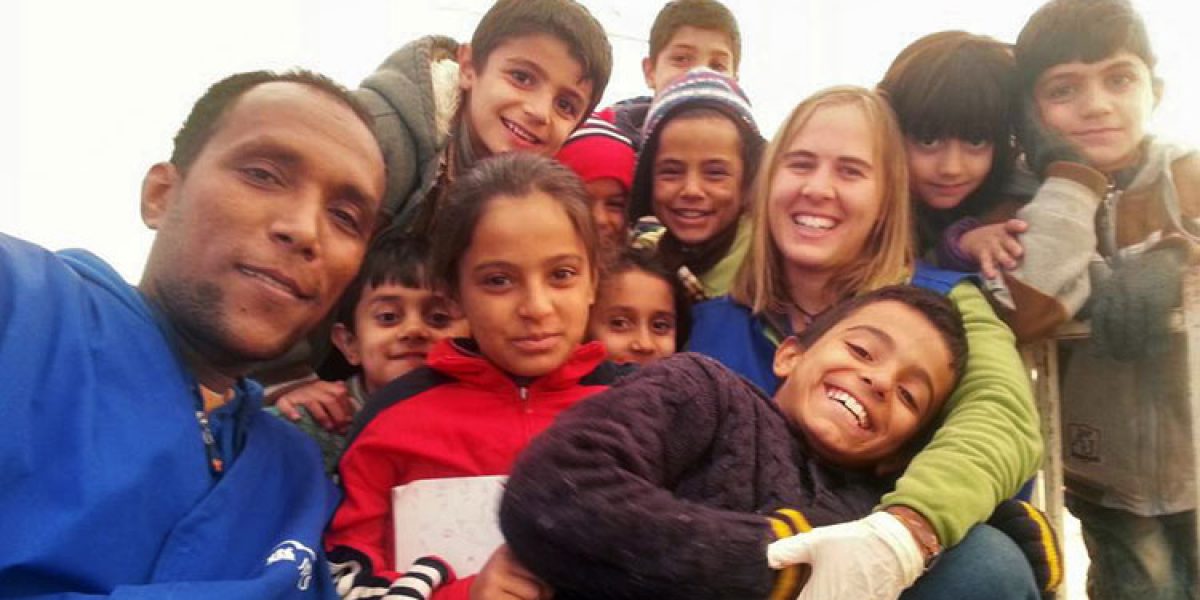New JRS project in Hungary
27 November 2015

Budapest, 27 November 2015 – After several months of planning and coordination with JRS Europe a new project has started in Budapest. The main activities are accompaniment and awareness raising.
The Jezsuita Menekült Szolgálat (JMSz) has begun work in a home for unaccompanied refugee minors in Budapest. The team runs regular education sessions with a small group of children in order to boost their confidence and increase their integration opportunities. JRS runs English language classes and a cultural mentoring programme has been set up. Hungarian language classes will also start soon.
In the long run, JMSz plans to build more acceptance and tolerance, reducing prejudices and fears and similarly helping asylum seekers to understand the country’s culture and values. JMSz aims to support integration through language and skills training, facilitating education by offering tutoring.
"We organise professional and informative programmes at the House of Dialogue in Budapest for a deeper and more differentiated understanding of forced migration. We organised and took part in many meetings and lectures helping a better orientation for interested people," says project coordinator Luca Solymoskövi.
"We offer educational materials for high school students for a deeper understanding of migration as well as to facilitate possible Christian responses. Part of our efforts involves making Catholic Social Teaching better known in Hungary. For better use of this material we are producing an e-learning programme," says Solymoskövi.
In order to maximise the impact of its work JMSz is co-operating with many other faith-based organisations (FBOs) including the Charity Service of the Order of Malta and with the communities of the Szentjánosbogár, Taizé, Saint Egidio, Focolare, Schönstadt and the Szociális Testvérek.
Showing great willing to be part of the JRS Europe network, a West-Balkan cooperation has started. JMSz started a volunteer programme in order to help JRS in Croatia with the emergency response there. In early November the Provincials and programme leaders met in Zagreb.
We organise professional and informative programmes at the House of Dialogue in Budapest for a deeper and more differentiated understanding of forced migration.
